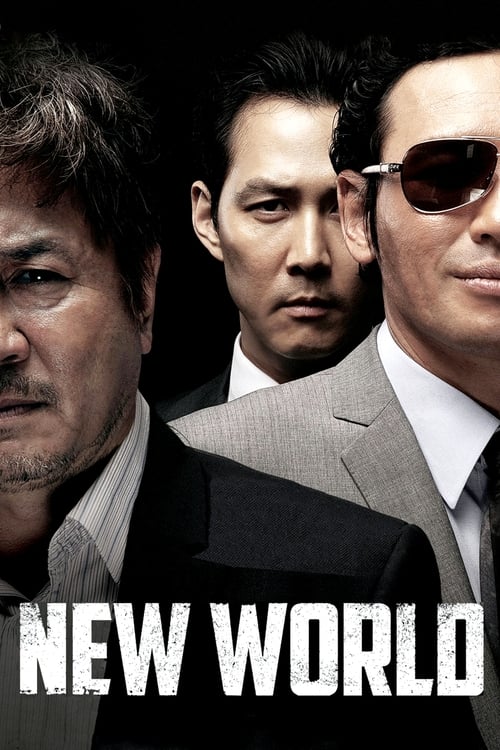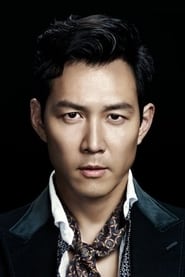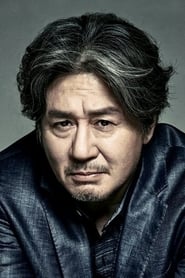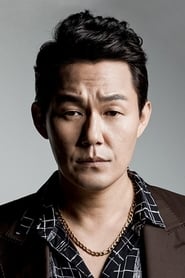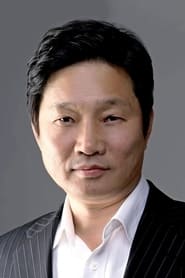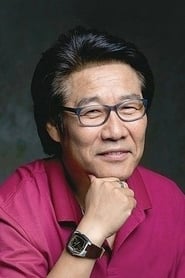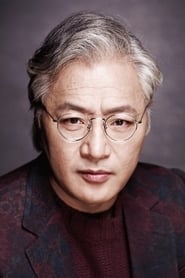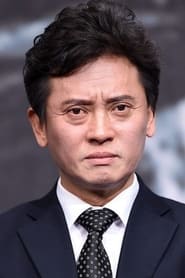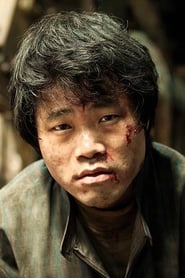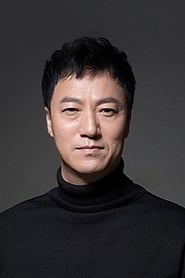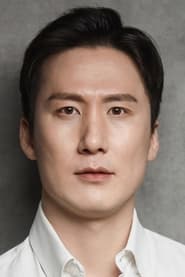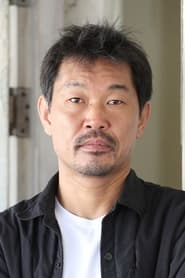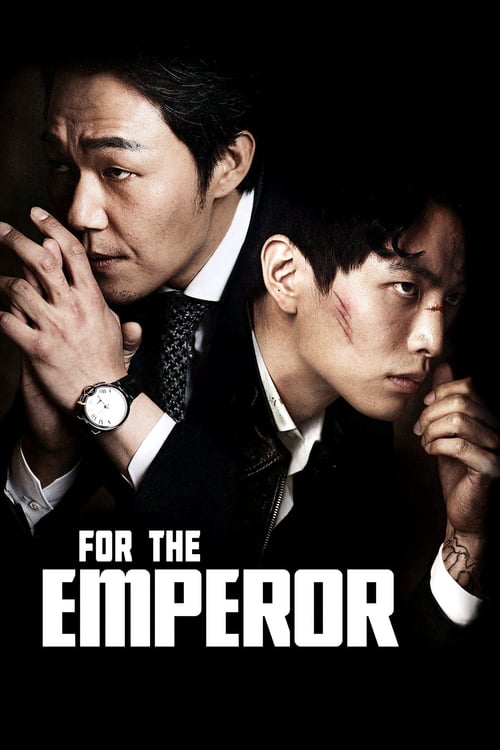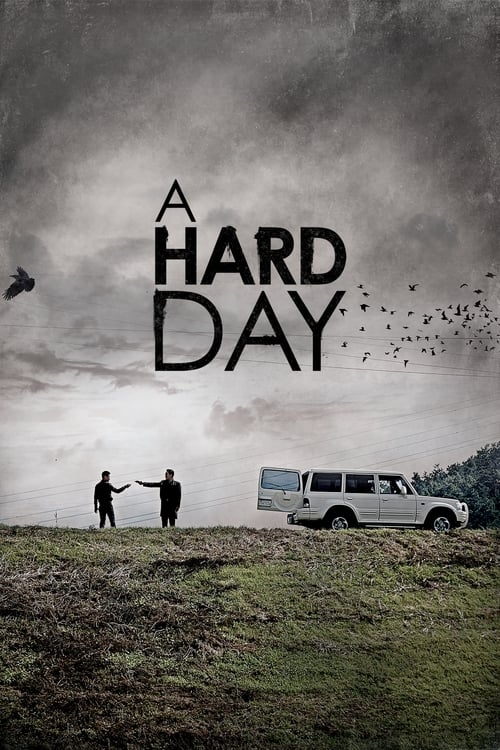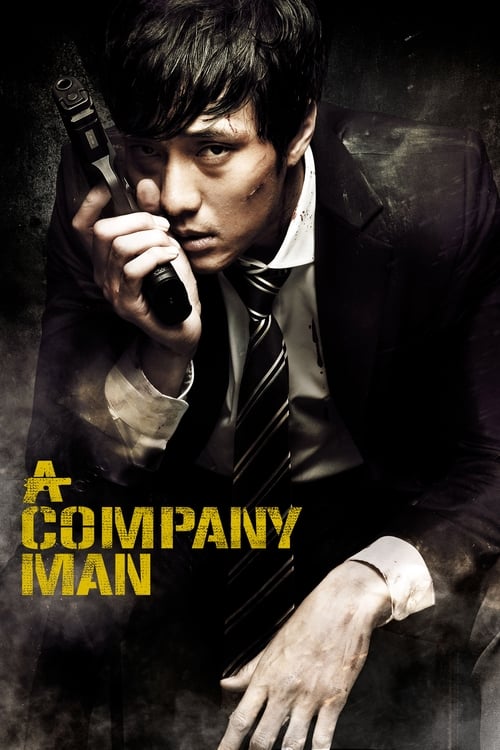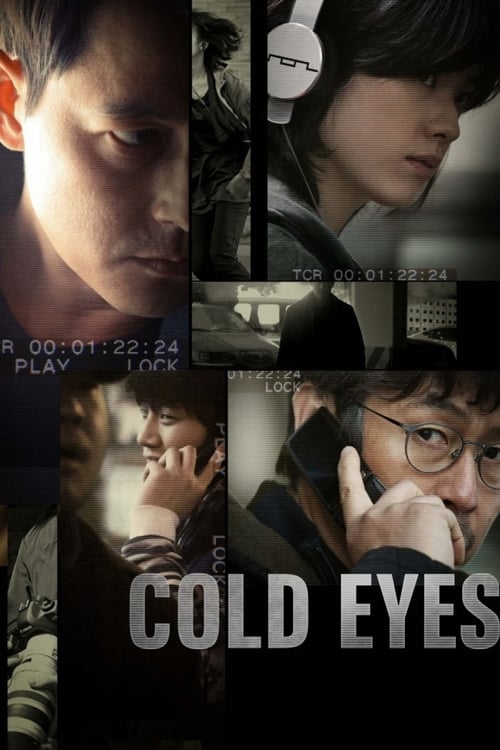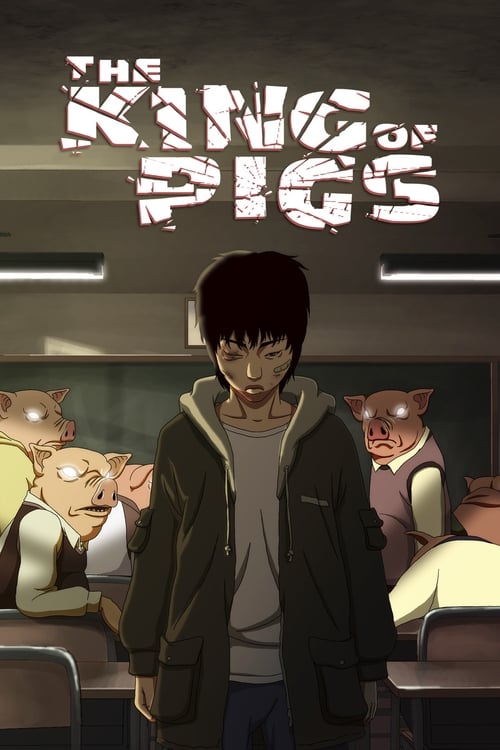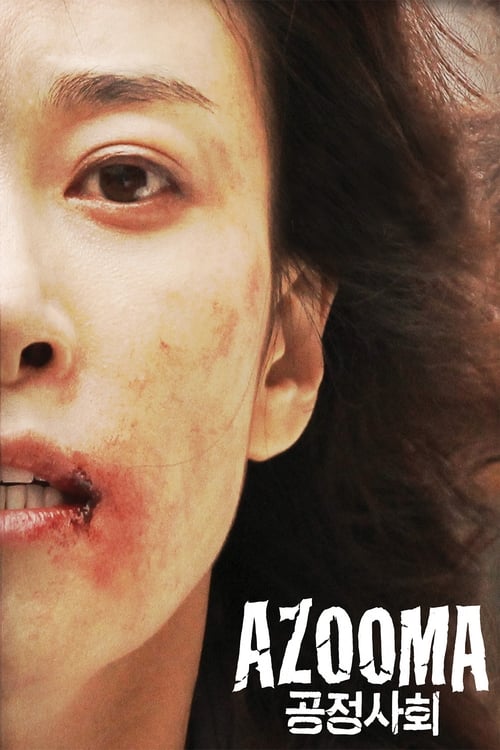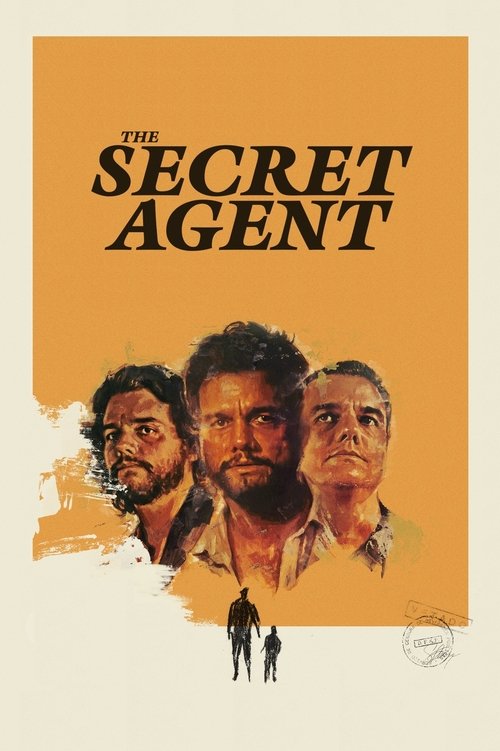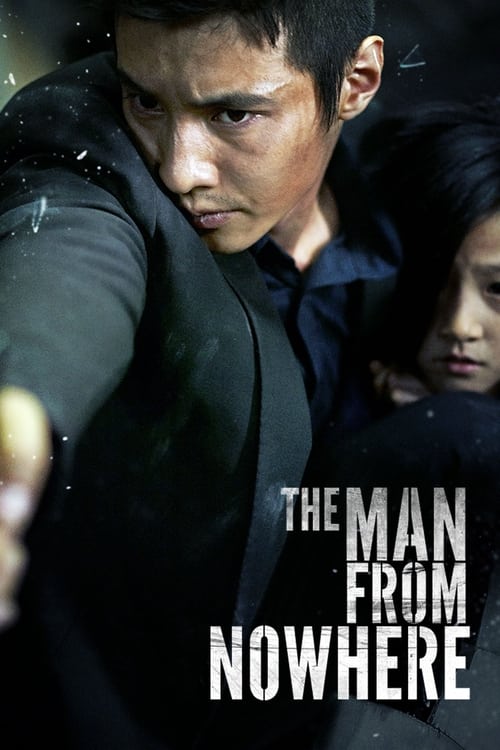
Ask Your Own Question
What is the plot?
What is the ending?
In the ending of "New World," the undercover cop Lee Ja-sung is forced to confront the consequences of his dual life as he navigates the treacherous world of organized crime. After a series of betrayals and violent confrontations, he ultimately chooses to abandon his undercover identity, leading to a climactic showdown with the crime syndicate. The film concludes with Lee's ambiguous fate, leaving viewers to ponder the cost of loyalty and the complexities of his choices.
As the film approaches its conclusion, the tension escalates dramatically. Lee Ja-sung, played by Lee Jung-jae, finds himself deeply entrenched in the criminal underworld, having spent years undercover to infiltrate the powerful Goldmoon organization. The stakes are higher than ever as he grapples with his loyalty to his police colleagues and his growing bond with the crime boss, Chairman Wang, portrayed by Choi Min-sik.
In a pivotal scene, Lee is summoned to a meeting with Chairman Wang, who has become suspicious of Lee's true intentions. The atmosphere is thick with tension as Lee, aware of the precariousness of his position, tries to maintain his cover while also navigating the emotional turmoil of his dual life. The camera captures the subtle shifts in Lee's expression, revealing his internal conflict as he balances his duty as a police officer with the camaraderie he has developed with the criminals.
As the narrative unfolds, Lee's partner, Detective Kim, becomes increasingly aware of the dangers surrounding Lee. In a heart-wrenching moment, Kim confronts Lee, urging him to abandon the operation and return to safety. Their conversation is fraught with emotion, highlighting the deep bond they share as colleagues and friends. Lee's reluctance to heed Kim's advice underscores his internal struggle, torn between his commitment to the police force and the loyalty he feels towards the criminals he has come to know.
The climax of the film arrives when a violent confrontation erupts between the police and the Goldmoon organization. In a chaotic sequence, gunfire erupts, and the once-quiet streets become a battleground. Lee finds himself in the midst of the chaos, forced to make a split-second decision that will determine his fate. The camera captures the frantic energy of the scene, with close-ups of Lee's face reflecting his fear and determination.
In the aftermath of the confrontation, Lee is left to face the consequences of his choices. He stands alone, grappling with the weight of his actions and the lives that have been irrevocably changed. The film's final moments are hauntingly ambiguous, as Lee walks away from the chaos, leaving viewers to ponder the true cost of his undercover life. The screen fades to black, leaving the audience with lingering questions about loyalty, identity, and the moral complexities of his journey.
As the credits roll, the fates of the main characters are left unresolved. Lee Ja-sung's future remains uncertain, as he has chosen to abandon his undercover identity, but the emotional scars of his experiences will undoubtedly linger. Chairman Wang's fate is similarly ambiguous, as the power dynamics within the criminal organization shift dramatically. Detective Kim, who has been a steadfast ally, is left to grapple with the fallout of the operation and the loss of his partner. The film concludes on a note of uncertainty, emphasizing the complexities of the characters' lives and the choices they have made throughout the narrative.
Is there a post-credit scene?
The movie "New World," produced in 2013, does not have a post-credit scene. The film concludes its narrative without any additional scenes or content after the credits roll. The story wraps up with a focus on the complex relationships and moral dilemmas faced by the characters, particularly around themes of loyalty, betrayal, and the consequences of their choices. The ending leaves a lasting impact, emphasizing the emotional weight of the characters' journeys rather than providing a teaser or continuation of the plot.
What is the significance of the character Lee Ja-sung in the story?
Lee Ja-sung is a pivotal character in 'New World,' serving as an undercover cop who infiltrates a powerful crime syndicate. His internal conflict is central to the narrative, as he grapples with his loyalty to the police and his growing connections within the criminal world. His character embodies the struggle between duty and personal morality, leading to intense emotional turmoil as he navigates the dangerous waters of deception.
How does the relationship between Lee Ja-sung and the crime boss, Chairman Wang, evolve throughout the film?
The relationship between Lee Ja-sung and Chairman Wang is complex and layered. Initially, Ja-sung is seen as a loyal subordinate to Wang, who is unaware of Ja-sung's true identity. As the story progresses, Ja-sung earns Wang's trust, which complicates his mission. The emotional stakes rise as Ja-sung begins to see Wang not just as a target but as a mentor figure, leading to a profound internal conflict as he must ultimately choose between his duty and the bond they have formed.
What role does the character of Detective Kim play in the narrative?
Detective Kim serves as Lee Ja-sung's superior and a guiding force in his undercover operation. He is portrayed as a pragmatic and determined officer who is deeply invested in bringing down the crime syndicate. However, as the story unfolds, Kim's motivations are revealed to be more complex, as he struggles with the moral implications of their methods and the personal cost of their pursuit of justice, adding layers to the narrative tension.
What are the key turning points in Lee Ja-sung's undercover operation?
Key turning points in Lee Ja-sung's undercover operation include his initial acceptance into the crime syndicate, where he must prove his loyalty through increasingly dangerous tasks. Another significant moment occurs when he is forced to make a choice that puts him at odds with both the police and the criminals, leading to a critical confrontation that tests his resolve and commitment to his original mission. These moments are marked by intense emotional stakes and high tension, showcasing Ja-sung's internal struggle.
How does the film depict the theme of betrayal through its characters?
Betrayal is a recurring theme in 'New World,' illustrated through the actions of various characters. Lee Ja-sung's dual identity leads to moments of betrayal against both his police colleagues and the crime syndicate he infiltrates. The film also explores betrayal within the crime organization itself, as alliances shift and trust is broken. These moments are depicted with emotional weight, highlighting the personal costs of betrayal and the impact it has on relationships, ultimately driving the narrative forward.
Is this family friendly?
"New World," produced in 2013, is a South Korean crime thriller that delves into the world of organized crime and undercover operations. While it is a gripping narrative, it contains several elements that may not be suitable for children or sensitive viewers.
-
Violence: The film features intense scenes of violence, including physical confrontations and shootings that can be graphic and unsettling.
-
Murder: There are depictions of murder and the aftermath, which may be disturbing for younger audiences.
-
Corruption and Betrayal: Themes of betrayal and moral ambiguity are prevalent, showcasing the darker sides of human nature and the consequences of crime.
-
Strong Language: The dialogue includes strong language that may not be appropriate for younger viewers.
-
Emotional Turmoil: Characters experience significant emotional distress, including feelings of isolation, guilt, and fear, which may be heavy for sensitive viewers.
Overall, the film's mature themes and intense scenes make it more suitable for adult audiences.

